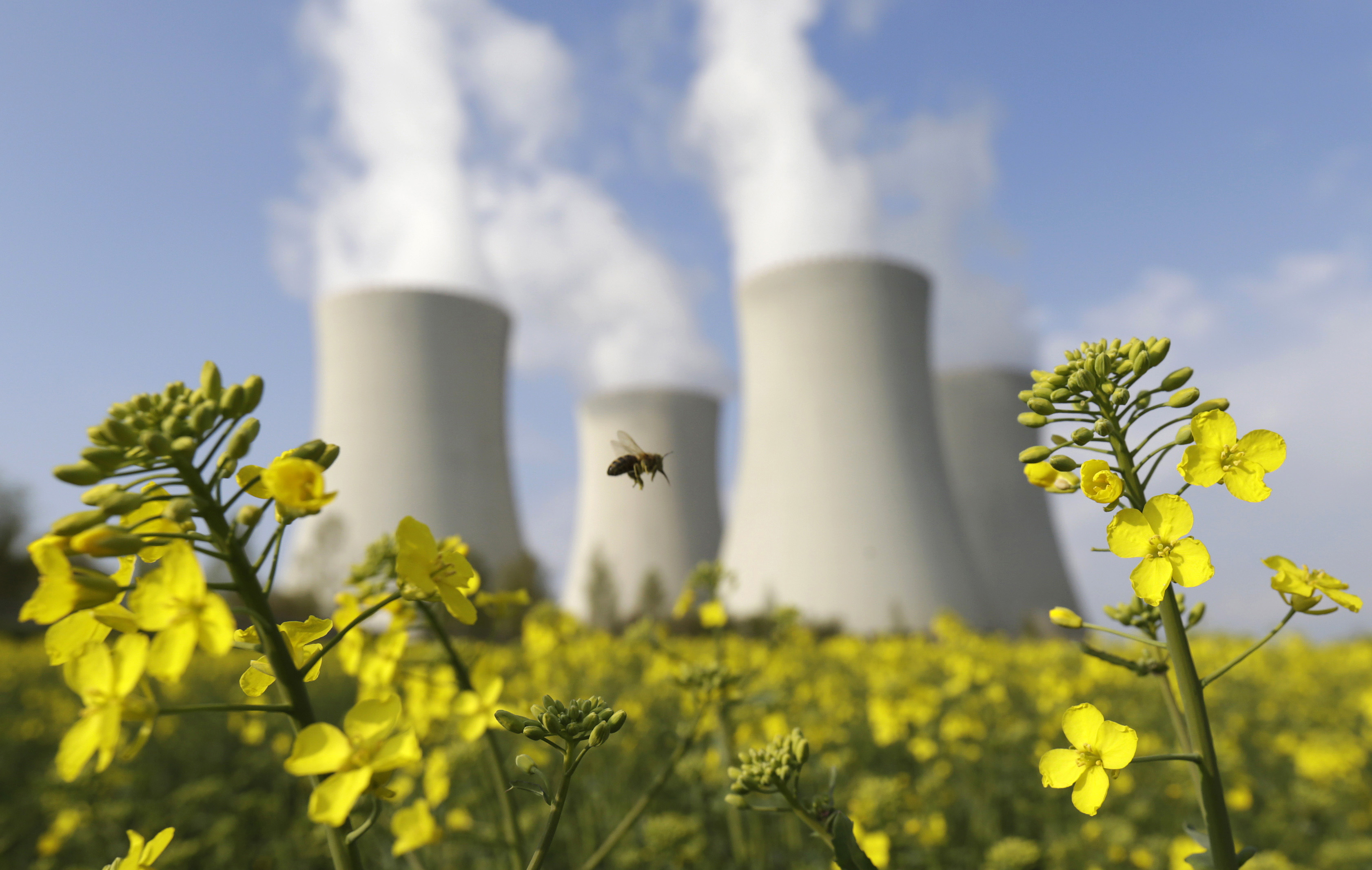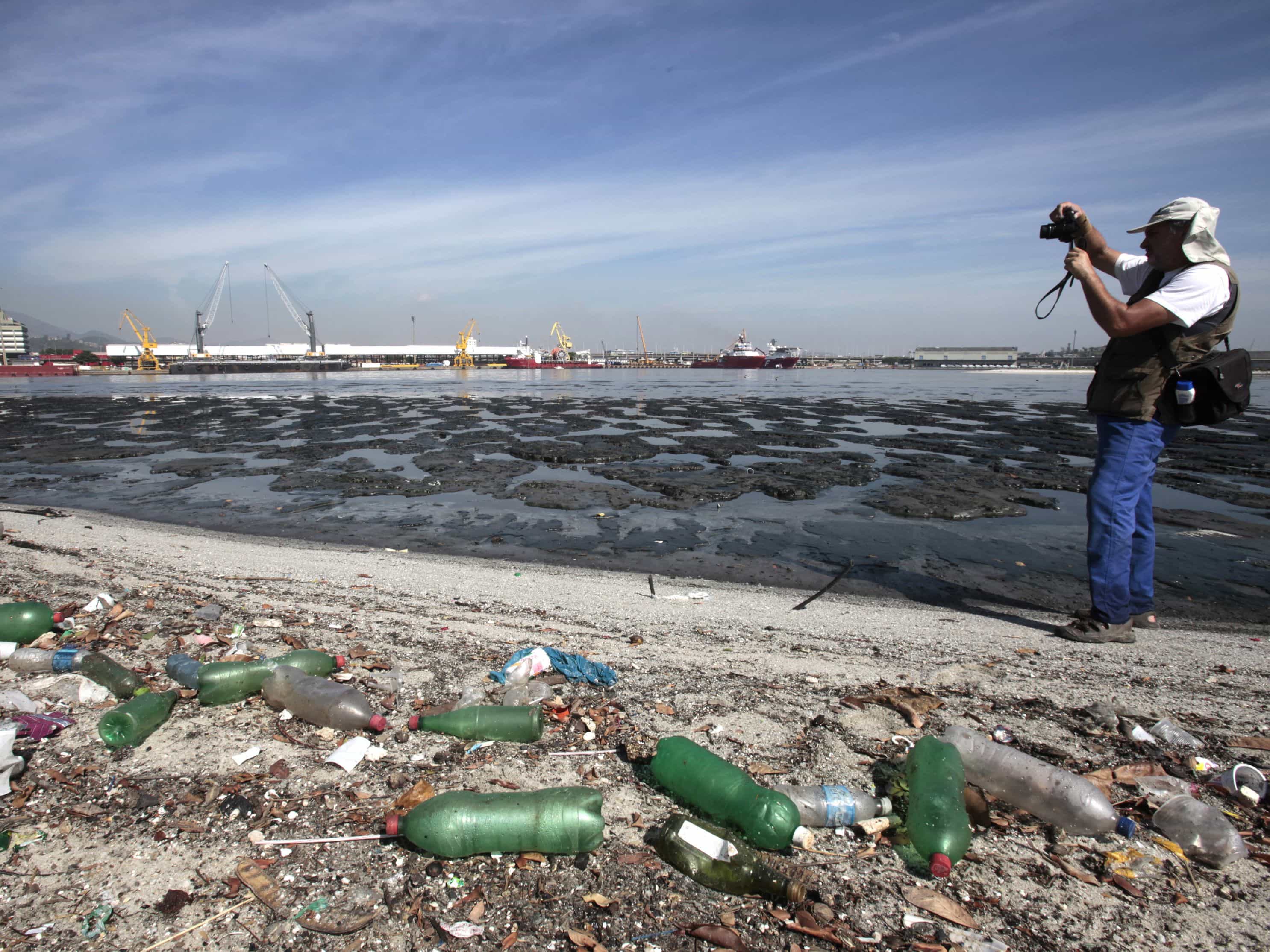IFEX marks Earth Day by honouring those who speak out in defense of the environment, putting their jobs, safety, freedom and sometimes even their lives at risk.
On 20 April 2014, just two days before Earth Day, Human Rights Watch issued an urgent call for information on the whereabouts of Thai activist Por Cha Lee Rakchongcharoen, known as “Billy”. The prominent ethnic Karen activist has been involved in a lawsuit with authorities over land use at a national park in Thailand. Locals have faced intimidation from park officials, and an activist connected to Billy’s network was killed in 2011 after helping Karen villagers report on alleged abuses, illegal logging, and poaching committed by park officials.
While it is not known if Billy has been targeted for his activism, his case is emblematic of the dangers facing those who speak out on environmental issues. The London-based organisation Global Witness has noted a sharp increase in the number of killings of people defending environmental rights over the last decade. “Many of those facing threats are ordinary people opposing land grabs, mining operations and the industrial timber trade, often forced from their homes and severely threatened by environmental devastation,” the “Deadly Environment” report says.
Honouring free expression on the 44th anniversary of Earth Day
Each year on 22 April, events are held worldwide to demonstrate support for environmental protection. Earth Day was first celebrated in 1970, following a proposal presented at a 1969 UNESCO conference.
Earth Day is also a reminder of the complex decisions communities face as development is fueled by an increasing global demand for resources. Often, local residents are pitted against industry and governments, as they fail to benefit directly from the resources but experience first-hand the resulting environmental degradation and pollution. Freedom of expression, including the right to access information, the right to share information, the right to criticise and to protest, is crucial to a participatory decision-making process.
Let us honour those who use their right to free expression to enhance this discussion. They are reporters and citizen journalists targeted for covering environmental issues, activists who fight for access to information, and people who take to the streets to protest ecological destruction.
Sometimes environmental reporters pay the ultimate price
Honduras is the second most dangerous country in the world for environmental defenders, according to the Global Witness report. In September 2013, community members in Tolupán, Honduras, launched an urgent campaign to safeguard the lives of local indigenous leaders and their families after they received anonymous threats. José Maria Pineda and fellow activists work to protect natural resources in the area. Just a few weeks earlier, in late August, three of their colleagues had been killed while conducting a sit-in protest against mining.
The Cambodian Center for Human Rights has reported on the 2014 murder of journalist Suon Chan by local fishermen, allegedly because of his reports on illegal fishing in the area. A culture of impunity reigns over such crimes in Cambodia, as exemplified by the botched investigation into the 2012 murder of environmental rights activist Chut Wutty.
Activists take on journalistic roles in Russia
According to a special report by the Committee to Protect Journalists (CPJ), in the run-up to the Sochi Winter Games in Russia, official repression and self-censorship restricted news coverage of sensitive issues related to the Olympics, including environmental destruction. In the local information vacuum, a community of environmental activists and human rights defenders took on some journalistic functions, using social media and blogs to bring important issues to light; issues such as the wholesale destruction of Sochi’s forested areas, water pollution, mudslides and other damage related to Olympic preparations.
Environmental organisations were pressured to stop their activities and cease publishing critical reports about the Games, while some activists faced direct intimidation and retaliation. In February, activist Evgeny Vitishko was sentenced to serve three years in a penal colony, in what has been argued to be a politically motivated prosecution. He is a member of an independent group that published a report on environmental damage caused by preparations for the Games.
While eco-protests are targeted in China and Oman
In late March, residents of Maoming in Guangdong Province, China took to the streets to protest plans to construct a plant that would manufacture a toxic chemical. Human Rights Watch reported on concerns of excessive use of force after a police crackdown resulted in numerous casualties. Meanwhile, news about the protests was apparently censored, as some posts were removed from social media and the mainland media’s coverage was restricted to short statements and videos provided by the authorities.
A different type of intimidation was used to chill expression in Oman. Politician Taleb El-Mamaari faced charges of ‘inciting a demonstration’ after taking part in an August 2013 protest calling attention to the environmental pollution in the port of Sahar. “The Omani authorities’ arrest of Taleb El-Mamaari for his show of solidarity with families in his constituency is a clear encroachment on freedom of opinion and expression,” said the Arabic Network for Human Rights Information. “It is a violation of the citizens’ right to participate in the shaping of their country through their elected representatives.”
Lack of open debate on nuclear power and energy use
The UK-based Center for Supporters of Human Rights, led by Iranian Nobel Peace Prize laureate Shirin Ebadi, launched an appeal in 2013 for a “national dialogue on nuclear energy” in Iran. The issue has always been left to the government of the day. “But it is not just a political issue. It also concerns the economy, society and the environment and therefore affects all Iranian citizens . . . Iranians do not have enough information about the advantages and disadvantages of nuclear energy for their country,” Ebadi’s appeal says.
At the same time, a climate of censorship and self-censorship continues to prevail in discussions of nuclear energy in Japan three years after the disaster at the Fukushima Daiichi nuclear power plant. “Japan is currently nuclear free, but the government is trying to restart some power plants,” a Tokyo-based journalist told CPJ. “They’re very interested in influencing the media to say that it’s business as normal and to play down the impact of the Fukushima disaster”. In a March 2014 article Reporters Without Borders criticised the fact that independent journalists and bloggers who are critical of the government and the nuclear lobby face legal action and intimidation.
Groups have reported differences in how tensions between environmental concerns and political interests are playing out in the US and in Canada.
With the Harper government in Canada, concerns have centered around attempts by the government to suppress climate and environmental science communication by government scientists, along with systematic cutbacks to environmental research and data collection.
The situation in the U.S. differs in significant ways, “but also suggests the problematic nature of government support for expanded fossil energy extraction and production”, according to Index on Censorship. “The administration appears susceptible to industry pressure aimed at playing down the environmental and societal consequences of fossil energy resource extraction and use.”
Fighting back with transparency and better information
Human rights groups including Human Rights Watch, Amnesty International and Sierra Leone’s Freedom of Information Coalition welcomed the passing of a freedom of information law in Sierra Leone in October 2013. With foreign investors returning to the resource-rich country, the government is leasing land for commercialised agriculture and mining. Some affected residents who had sought more information or challenged these deals faced reprisals ranging from harassment to arrest. It is hoped that the signing of the act into law will increase government transparency.
Bangladesh already has a Right to Information Act and activists are using it to hold authorities accountable for creating a safe and sustainable environment. ARTICLE 19 recently reported on this issue and on their work with communities across the country to empower them to make use of the Act. In one example, a community leader is now taking legal action against the authorities and campaigning for the removal of illegally established and polluting mills.
Access to reliable and accurate information also features prominently in ARTICLE 19’s “Free Flow Principles”. These Principles, developed in cooperation with experts and activists from around the world, provide guidance to policy makers and activists on how freedom of expression and information can help secure the rights to water and sanitation. They were launched on the eve of World Water Day in March 2014.
Finally, those who want to report on these complex issues would benefit from the International Press Institute 2013 guide for reporters on the UN Millennium Development Goals (MDGs). It is a manual on how to effectively report on development-related issues and thereby, remind the public of government commitments to meeting the MDGs.
This has been just a sample of some of the stories on environmental reporting and protests published on IFEX.org. For more, consult the IFEX website using specific search terms such as “environmental”, “logging” and “mining”. Special reports are often released on occasions such as World Water Day each March, or World Environment Day each June, and you’ll find lots on this issue if you follow the ongoing discussion around the Millennium Development Goals.

Environmental Watch on North Caucasus/Facebook

A mustard field near the cooling towers of the Temelin nuclear power plant in the Czech Republic, 12 April 2014REUTERS/David W Cerny



